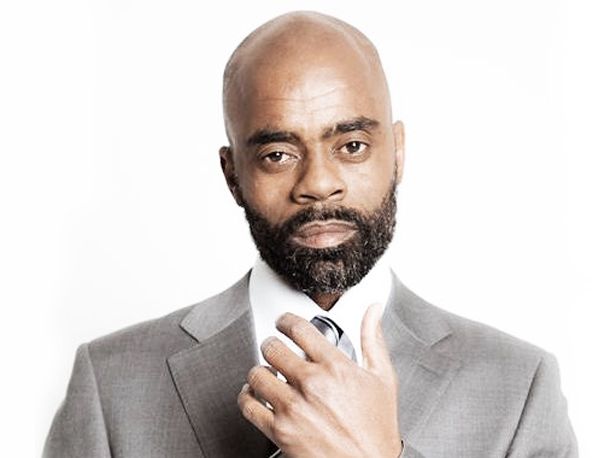Freeway Rick also addresses rapper Rick Ross' past as a correctional officer.
Freeway Rick Ross, who recently lost an appeals court decision giving rapper Rick Ross “entitlement to protection” in the use of his stage name, has issued a statement on Rap's authenticity.
"I respect Hip Hop as an art form and consider many of its artists some of my close friends," Freeway Rick Ross said in a statement to AllHipHop. "But I believe the art form owes an obligation of authenticity. You cannot go out and say you sold cocaine at Kilo to Metric ton scale and be so detached from the experience. If you do, you have an obligation to the youth to tell them the truth and not lie about the facts of your circumstance to try to further validate the mistruth."
In the statement, Freeway Rick also addressed rapper Rick Ross' past as a correctional officer.
"There is a teachable moment about the state of our community when a man who has a respectable job as a correctional officer, has to recreate himself in my former image as a large-scale kingpin to gain what he feels is social acceptance as a successful man," Freeway Rick said.
In his statement, Freeway Rick Ross also said that he looks forward to continuing to speak at educational institutions and that he he anticipates the release of an autobiographical book in February and a film in development regarding the drug trade.
In December, Freeway Rick spoke with HipHopDX about why the Rap community has embraced him.
"I’m kind of like the pioneer for young cats," Freeway Rick said in an exclusive interview with HipHopDX. "When I first started selling heroin, I was considered young at the time. When I started selling cocaine, I was only 19-years-old, and by the time I was 22, I had a million dollars. I was independent, and I didn’t have anybody over me telling me what I could do or how I could do it. I basically did everything the way I wanted to do it, so I showed a sense of independence—being able to do whatever I wanted to do. If somebody walked up and they needed to borrow $40,000, I could just give it to them if I wanted to. I didn’t have to get on the phone and call an agent, a manager or an accountant. I was the accountant, the agent—I was everything. I would say it started a mindset that changed the way young Black men looked at business."

